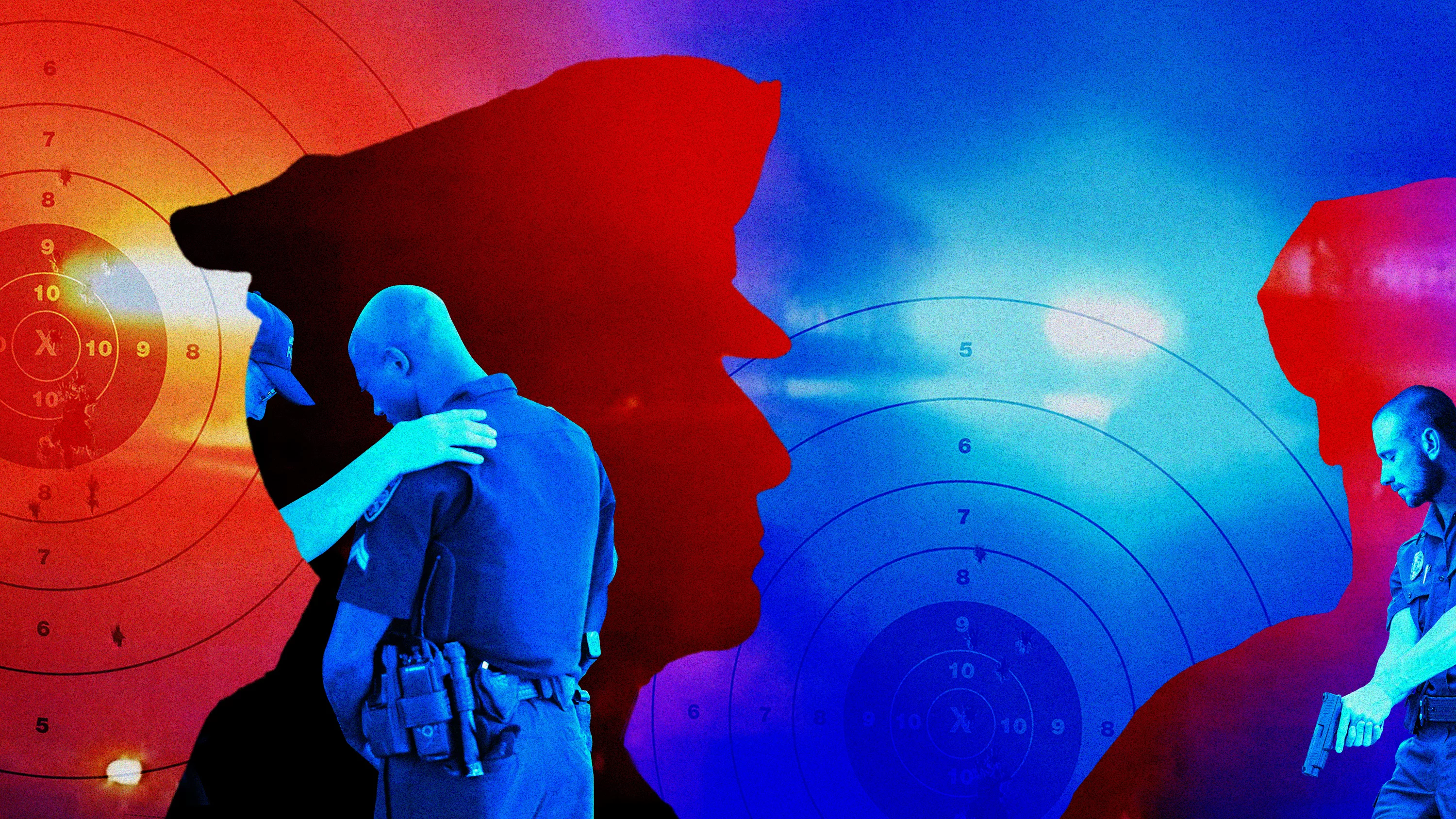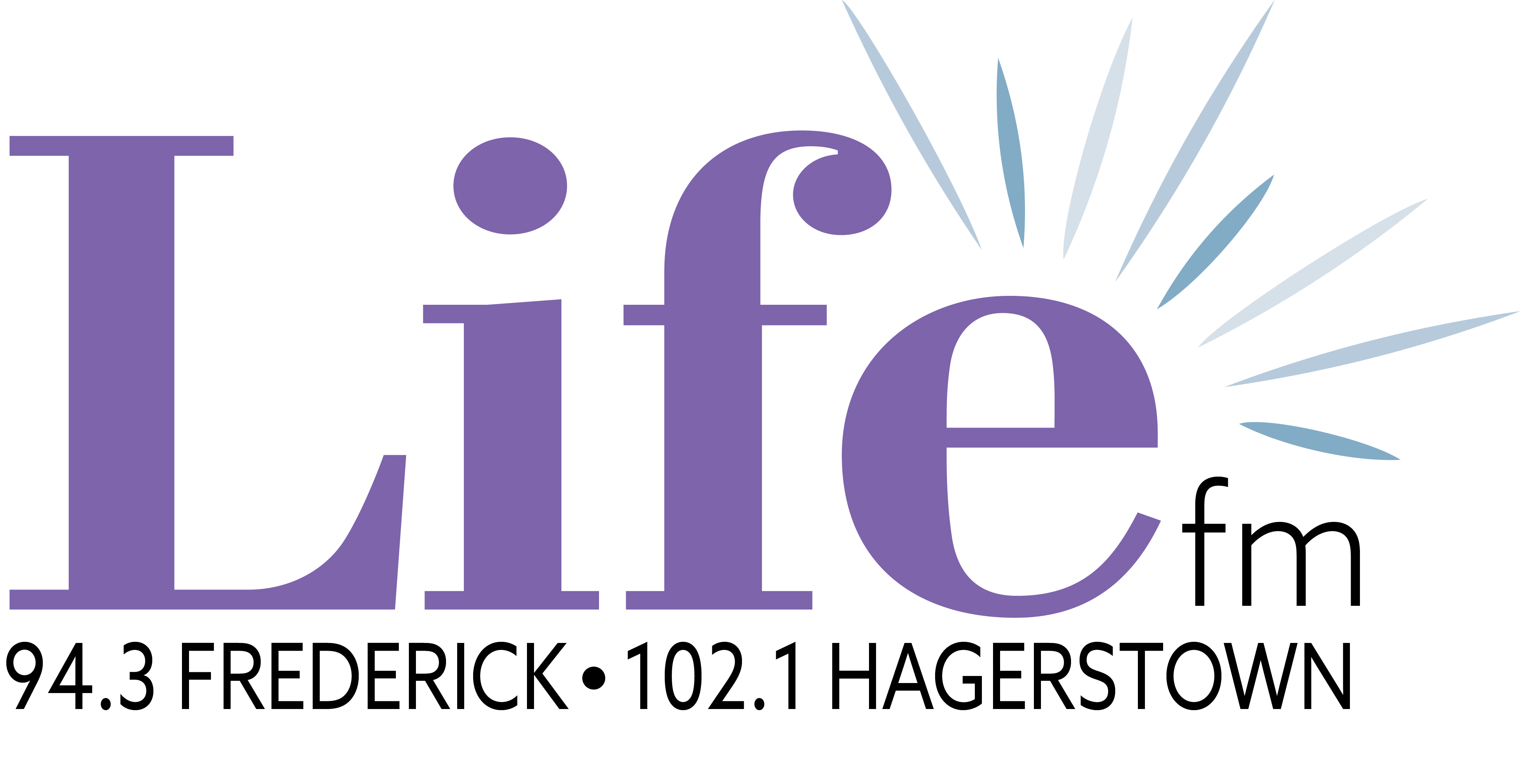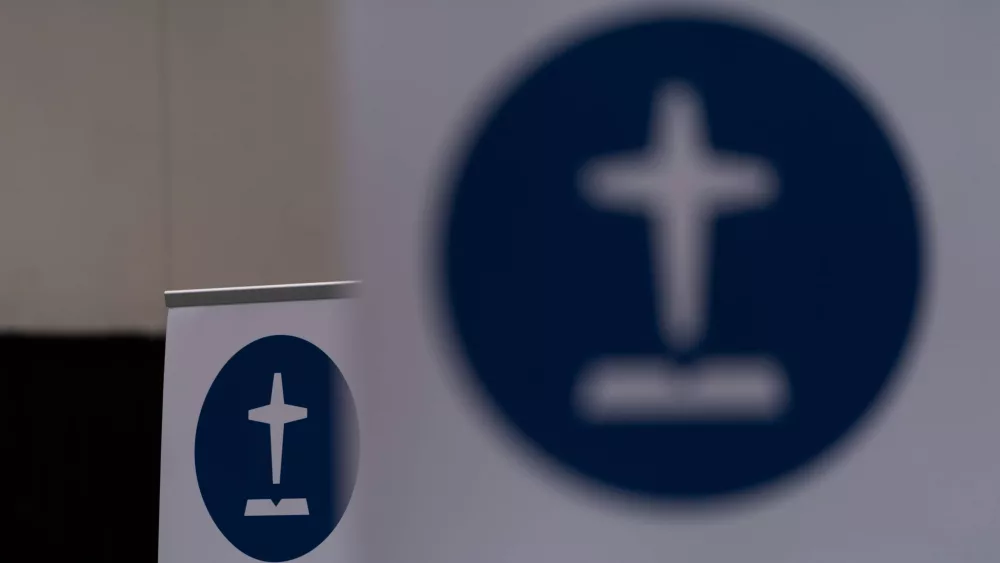
Spiritual care is essential as stressors among law enforcement rise.
Sitting in the front row of a supervisor training in 2016, Stamford Police Sgt. Sean Boeger raised his hand every time the instructor asked who had dealt with a particular experience, including homicides, fatal accidents, and child deaths.
During his nearly 30 years as a police officer, 48-year-old Boeger had helped with body recovery efforts at Ground Zero after 9/11. When 20 children were killed by a lone shooter in 2012 at Sandy Hook Elementary School in Newtown, Connecticut, just 40 miles from Stamford, Boeger volunteered to help the small Newtown police department. He covered midnight shifts as officers took time to recover.
The instructor at the training triggered something in Boeger. Until that class, he had never dwelt much on the effect of witnessing so much trauma. Driving home that evening, he also thought back to another incident, when he responded to a report of a small child falling out of an eighth-story window.
“I felt overwhelmed, kind of panic-stricken,” he recalled of that evening. “I think I was more in shock from the stuff I’d never contemplated and the trauma impact it had on me. Because you don’t stop to think about it.”
So Boeger did something he had never contemplated previously: He sought help from John Revell, a chaplain who had recently been spending time with his department.
“I don’t know what’s going on with me, but I feel like I need to talk to you,” Boeger recalls telling Revell, whom he calls “the Rev.” Revell invited him over, interrupting his family dinnertime, and the two spent an hour or so talking. It opened the door to a longer-term relationship, and an eventual appreciation for the Rev’s consistent presence around …

